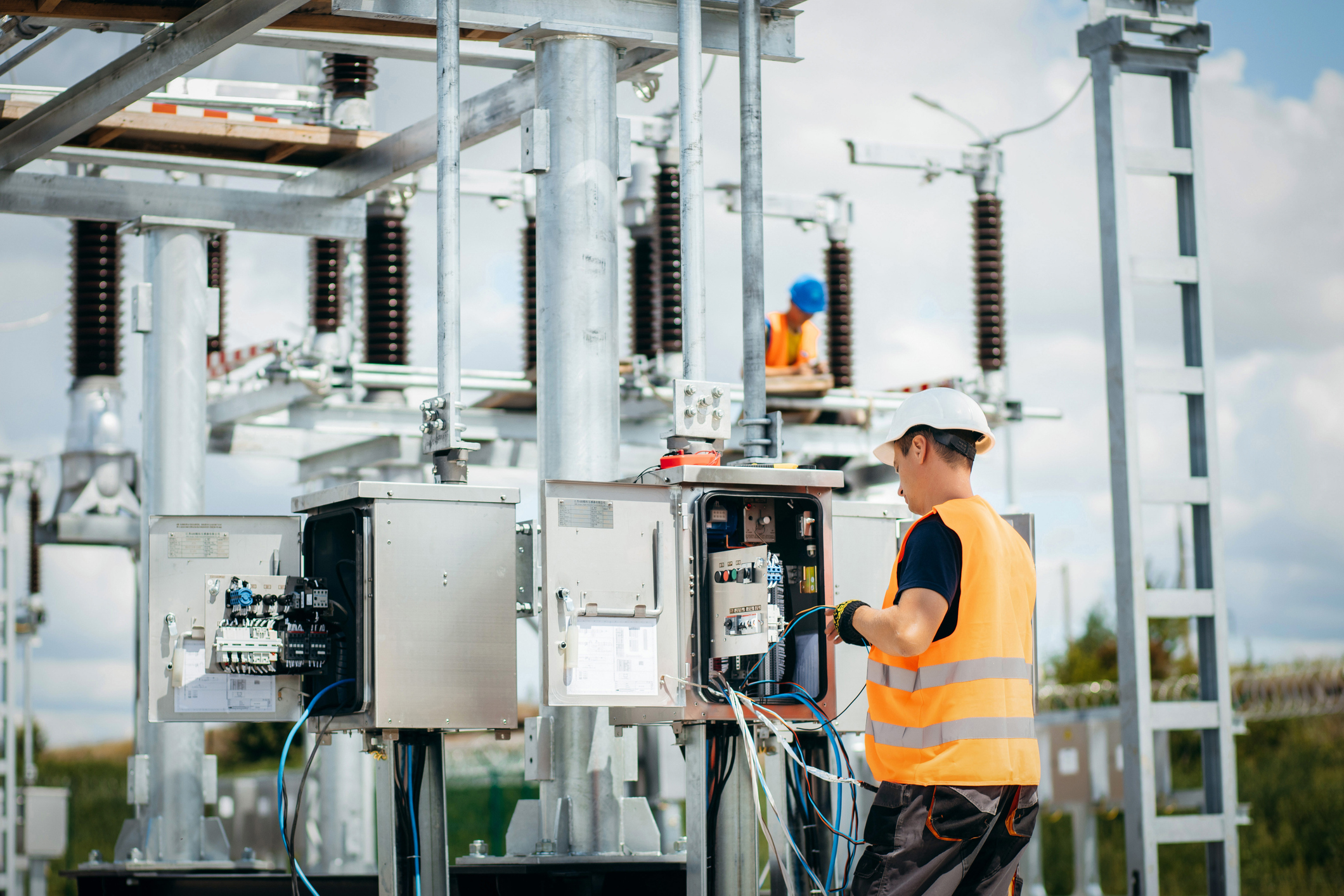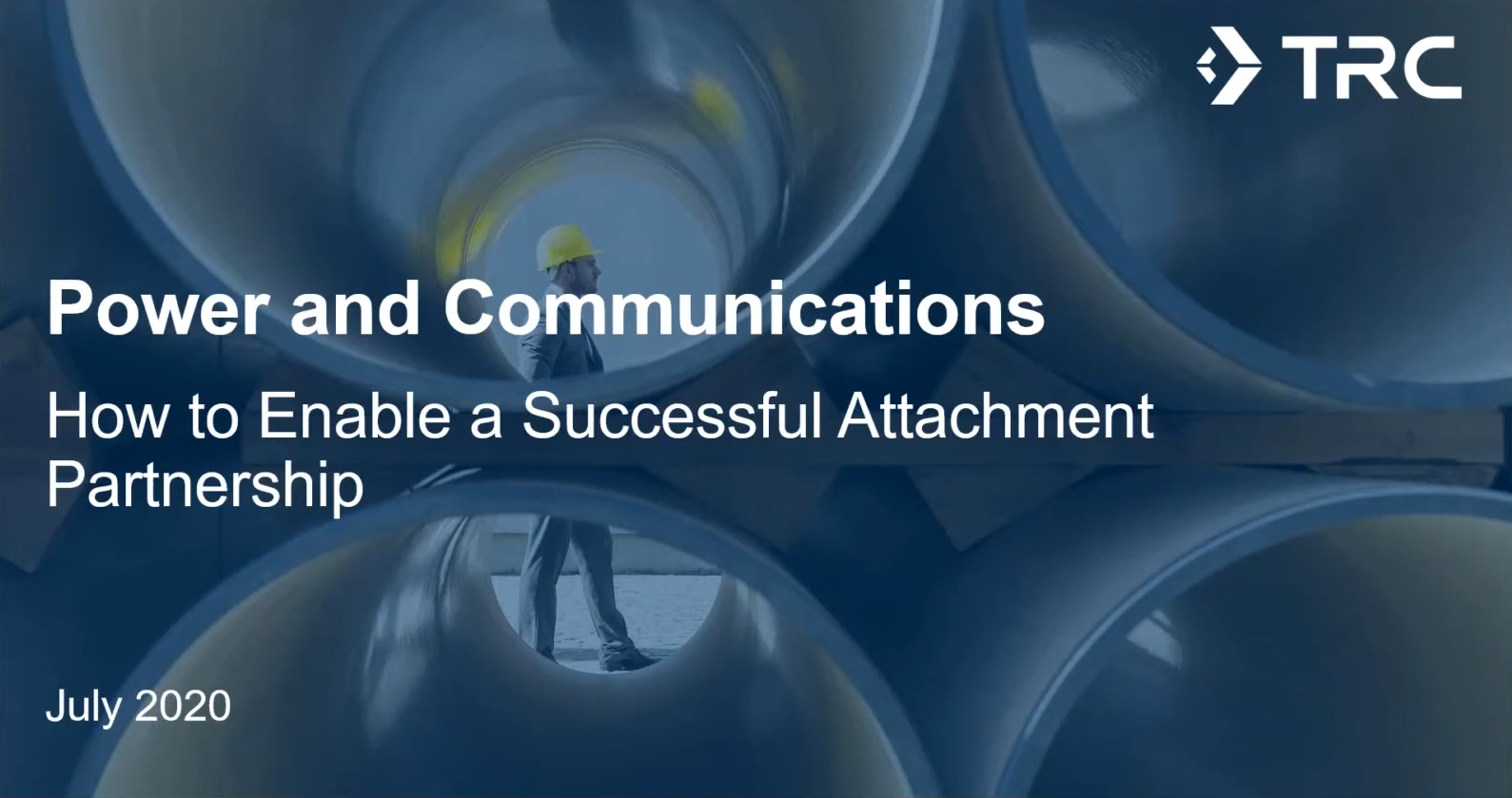How we can advance utility industry recruiting and training solutions, together
As grid modernization initiatives expand across the electric power system, it is critical to have a utility workforce skilled in the engineering, design and safety concepts and technologies that will control the grid and power assets of the future. But as an older generation of power engineers and technicians retire at a rapid pace, hiring managers report that lack of training, experience, or technical skills in new candidates are major reasons why replacement personnel can be challenging to find. In today’s fast paced, complex market, the window of opportunity to train, reskill and upskill the power workforce has become shorter, creating a significant gap between recent graduates’ skills and the practical competencies required by a swiftly changing industry.
For utilities to keep pace and maintain reliability and resiliency initiatives for both their customers and regulators, implementing new approaches to workforce development must be a top priority. Strategizing and innovating together will help ensure the utility workforce is prepared for the grid of the future.
Related Services
Compounding Challenges Have Consequential Impacts
Adequately staffing critical power grid projects with qualified teams is the biggest challenge the power industry faces today. More than 80 percent of energy employers report having trouble hiring qualified workers. Lack of candidate training, experience, or a mismatch of technical skills are major reasons why personnel can be challenging to find. While many colleges and universities shifted their electrical engineering programs away from power toward computer and software engineering programs in the 1990s, there are several other compounding factors impacting today’s utility workforce challenges.
Rapidly Changing Industry
From increasing electric consumption and rising load growth, to the rapid influx of new grid technologies, the utility industry is grappling with a range of unprecedented changes and doing so with a workforce unprepared to meet them. Grid modernization initiatives, clean energy mandates and cyber security compliance not only require enough numbers of staff to implement, but demand staff trained in the concepts, tools and technologies essential to analyze, protect, and control the grid of the future. Workforce shortcomings exacerbate the pressures utilities are under to meet project and regulatory deadlines and are even slowing the overall pace of the energy transition, leaving the grid vulnerable to ongoing disruptions.
Retirement, Retention and Knowledge Transfer
A game changing generational shift is underway across the utility industry. According to the Department of Energy, 40% of the utility workforce is eligible for retirement by 2030. Likewise, surveys have indicated that 60% of non-retirement attrition within utilities occurs within the first five years of employment. This turnover – combined with a shift to a work-from-home culture – has meant that the traditional transfer of knowledge between colleagues has been lost. With less one-on-one interaction, and fewer experienced engineers working hand-in-hand with the growing early career employee base, important, informal training opportunities are missed.
Human Performance Errors and Safety
The reliability of the power utility grid is highly dependable on the humans who design, build, test, control and maintain both systems and infrastructure. A single error leading to an outage can cost millions of dollars and cause public image issues. More importantly, utility work is often dangerous, and errors can lead to injury or even death. Without a highly trained and experienced workforce, these highly impactful issues are likely to become more and more commonplace.

New Approaches Are Necessary to Move Forward
While a growing number of utilities are taking more strategic action to address these vital workforce issues, many are only still only maintaining the basic practices of relying on professional recruiters, hiring from other utility and power companies, and hiring skilled workers from related industries including construction and resident electricians. While these tactics can help, moving more quickly to the desired future state requires new approaches.
Target New Employee Profiles
The energy workforce covers a diverse range of jobs, from billing and administration to IT and field engineers. And those jobs are changing. Traditional roles such as lineman or protection and control technicians will always be in demand, but newer roles are emerging, with a new required skillset focused on communications, technology, renewable energy, and distributed energy resources.
Where utility marketers and recruiters may in the past have primarily engaged a certain target audience of potential employees around the traditional, core roles in transmission and distribution reaching a younger generation about these jobs (and other roles) requires a shift in focus all the way up to the leadership level. Highlighting the benefits of job security and job variety are no longer enough to entice workers to the power industry. Emphasizing utility jobs as an opportunity to be part of a critical industry that impacts everyone and every community and reinforcing that new hires can be part of the next generation that innovates and solves our world’s energy challenges, is a big opportunity to capture dedicated and enthusiastic new employees. While the messages to this new generation of works may be different, they are not incongruous with where the industry is headed or where individual energy companies’ priorities are focused. Sustainability and decarbonization initiatives resonate deeply with the new pool of candidates. Positioning the utility industry at the center of helping achieve those goals will no doubt attract a lot of new attention and help to fill critical power roles.
But to be successful in building a new, long-term, dedicated workforce, it is equally important to consider the fit for each particular role when targeting new employees. Utility work is not for everyone. Someone comfortable working at a desk or attending business meetings most days is not likely the same person who will thrive in the field, working in substations and on power lines. Implementing a strategy to recruit for field work is essential.

Implement Comprehensive Career Pathing Strategies
Hiring, training and retaining the utility workforce of the future requires an investment in better career pathing strategies, tools and resources. A good employee growth program will show employees where they can go and progress within the utility and what skills they need to master to get there. Investing in systems to help prescribe training and measure proficiencies can help track and execute a successful, corporate wide effort. Leveraging tools to help build skill profiles, job task analyses and growth planning paths for all employees, provides direction, aligns training goals, and increases employee engagement and retention.

Expand and Foster Industry Partnerships
The supply and demand for power related education is very uneven across the country. While college and university programs that disappeared in the 90s are slowly coming back, there currently are not enough to turn out all the trained individuals the industry needs to hire. But a focus on building partnerships between utilities, engineering consulting firms, trade schools, higher education and even high schools can make a big impact. To fill the workforce gap, all these entities must work together. As partners, we can impact and shape curriculum to train for specific and emerging needs and we can design and offer workshops and internships to expose more younger people to the industry and support training from even before their careers begin.
Innovative Training Solutions Are Imperative
Despite the growing challenges facing the utility industry today, now is the opportune time to prioritize systematic, continuous and adaptive training programs that attract, retain and develop a workforce capable of meeting current and future demands. Training plays a crucial role in onboarding new employees, teaching existing and experienced workers new skills, and maintaining a safe and reliable grid. But to be successful with the younger generation coming into utility jobs right now requires a new way of thinking and ultimately a culture shift when it comes to training. New training programs must be adaptive, rather than prescribe a set way of learning. Leveraging a variety of formats including classroom, online and hands-on exercises and using a range of tools including augment reality and gamification can reinforce skills and concepts for many different learning styles.
Designing and implementing effective utility training programs can be time consuming, complex and costly. It may often fall to the wayside as more critical tasks such as keeping the lights on or meeting regulatory demands take precedence. It is therefore imperative that all industry stakeholders work together to advance innovative recruiting and training solutions to meet workforce demands.
Achieving Our Workforce Needs, Together
TRC is at the forefront of efforts to support the utility industry with a top-notch workforce. From our cutting-edge Power Academy and innovative training center to our immersive STEP internship program and commitment to capturing the experience and values of military veterans, we have learned many best practices along our recruiting and training journey.
In our experience, partnerships are critical for successfully meeting the workforce demands the industry faces. We encourage utilities to join forces with engineering and consulting firms, colleges and universities, learning science specialists, technology and equipment vendors, human resources experts, and professional associations to discuss emerging trends and consider unique solutions from new perspectives. Together, we can all leverage our diverse expertise, experiences, strengths and creativity to achieve our power workforce needs more efficiently and successfully.





















